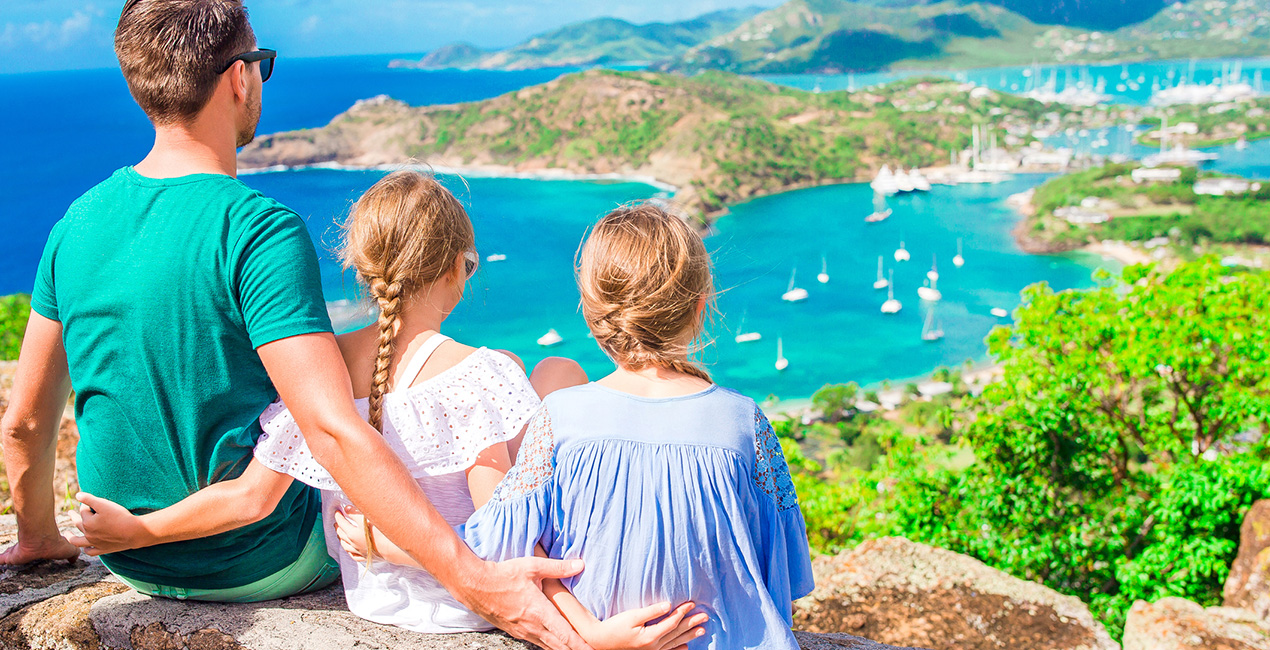“A Small Place” by Jamaica Kincaid
The topic I found to be interesting that we read in this class is that of A Small Place by Jamaica Kincaid. Kincaid’s memoir was phenomenal. The tone used was quite strong, but I think it was necessary for get her readers attention.
I found A Small Place interesting in part that this class was mainly about finding subjects such as inequality, injustice, marginalization, oppression, and suffrage and comparing literature works from authors from various backgrounds. Some of whom according to their work shared similar works. I think A Small Place climaxed all that we have read. Kincaid was able to address concepts such Otherness of all the people from Antigua.


A picture of Antigua slavery past. This picture shows modern Antiguans
During the interview with Jeffrey Brown, Acheba address how slavery and colonization around the world made readers of Things Fall Apart felt connected with his work (Week 5). The downfall of the Igbo culture in Nigeria, the death and struggles of their people under colonial rulers all have contributed to the inequalities around the world today. This is why Kincaid, an Antigua, felt to need to address the modern suffrage of oppressed nation to every reader.
The inequalities as expressed by both Acheba and Kincaid has been perpetuated by commercials such as this. This picture of a beach shows how Antigua and Barbuda is the best place for vacation. Many a time, people who jump to ads such as this may have little or no knowledge of the ordinary citizen living on the Island. This is why I think Kincaid felt the need to use the such tone for her book.
Kincaid was able to address colonization as one of a barbaric system in human history. The oppression and pain that many other countries around the world has been through due to colonization. The troubles that the people on the Island, Antigua, have been through as slaves is something that we can all reflect on as we reflect on Hegel’s, Master and Slavery, or Acheba’s Things Fall Apart. I think that Kincaid did not mention audience because she was much aware of the long history of slavery around the world and that of United States. The devastated impacts that it has and continues to inflict on descendent of slaves. That the people have overlooked the post slavery impact to generations yet partake in many ways of worsening the effect of their victims.

A lovely picture of foreigners sitting on the cliff in Antigua on a vacation.
Desire is what transforms Being, reveal to itself by itself in true knowledge (Hegel 3). By the desire of many fortunate people around the world, especially from developed countries is what has propel many tourist to oppressed nations. Some of who go to help in the many ways which may include donations, providing good health, adopting children and others. There are many tourist who have been seen portraying adversities of oppressed people as a beautiful art or culture.
Many Antiguans have helped the neighbouring islanders by opening their homes to Barbudan evacuees. #RoyalVisitATG
— Clarence House (@ClarenceHouse) November 17, 2017
The link above shows the official tweeter account of Prince Charles, British Royal Family, visit to Antigua after the Island suffered from a hurricane. The power structure desire is an emptiness which only appears reality by negating action that satisfies desire in destroying, transforming… (Hegel 4). A visit of one of the most powerful families in the world to a nation that may have contributed to the British success presented clothes and toys to survivors of the hurricane. How far is person willing to go be maintain power? The people on the Island are only seen as other humans. When will that change that Acheba address during the interview? The moment of change, in which one culture was in contact, in conflict, in conversation with another culture (Acheba).
I think Kincaid’s work was interesting as well because she focused on the main themes of slavery, corruption and colonialism to make every reader aware that going to places for pleasure and vacation may have also contributed to the marginalization of already oppressed society. Every tourist is in part a player in making oppressed societies worse. Irrespective of our intentions of travelling to these places, Kincaid was straightforward to alert readers to be mindful of their surroundings.